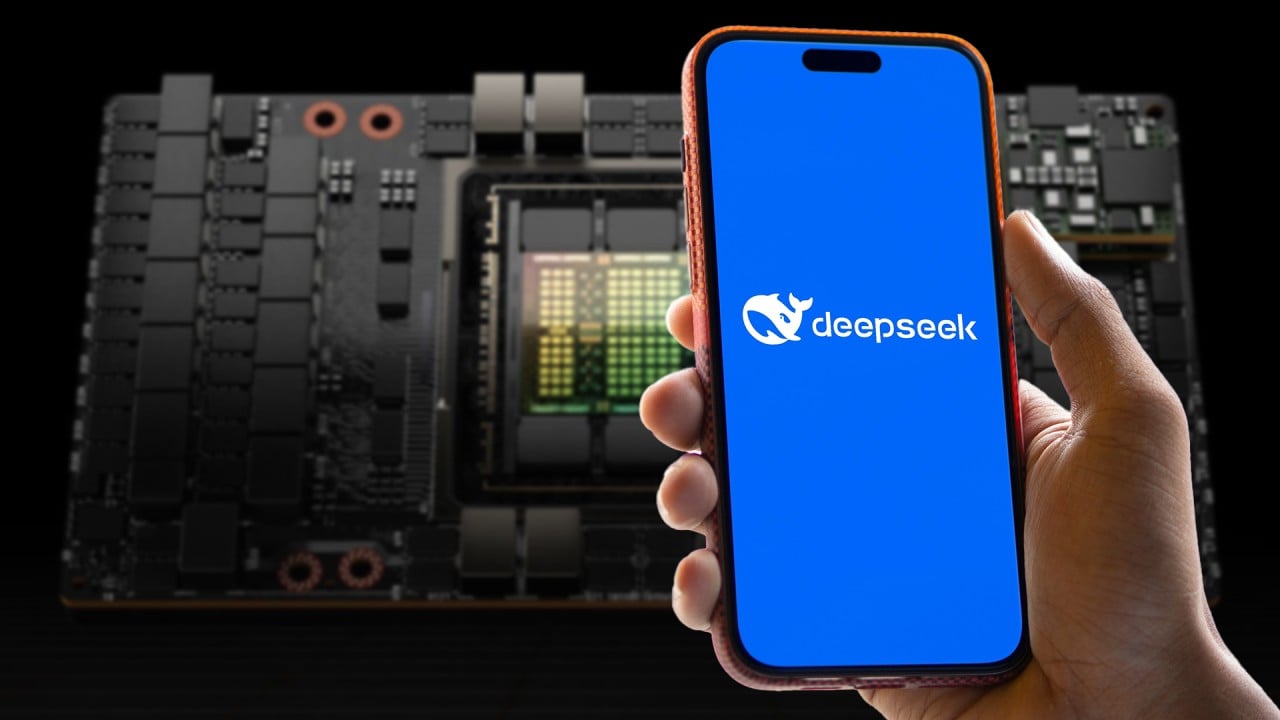The AI bubble is entering extra time by walling in money and sharing it among key players. As profitable firms plug money back into loss makers, the net cash requirement for the bubble circle is being minimised for the collective loss. The next step is for profitable companies to sell stocks to raise cash and pump it into loss makers.
However, this extra time is likely to be measured in quarters, not years. It is possible that the US government will pump borrowed money into the bubble next, which could eventually destroy the market for US Treasuries.
WorldCom was caught committing financial fraud during the dotcom bubble. Fraud might appear to be an important source of money to keep these bubbles going, but if Cisco had invested massive amounts of money into WorldCom, there would have been no need for fraudulent activity. It seems the dotcom bubble players were not very sophisticated; otherwise, none would have gone to jail.
Nvidia recently reached an agreement to invest US$100 billion in OpenAI to support new data centres and other AI infrastructure. On its balance sheet, US$100 billion in cash will switch to an equity stake in OpenAI, while its chip order book is likely to rise by more than US$100 billion as the money could be leveraged by OpenAI in a leasing deal. Wall Street will hail the good news for Nvidia and push its share price higher.
OpenAI’s latest flagship AI model, GPT-5, has disappointed some as it isn’t much of an improvement on the previous version. But with so much money sloshing around, the company has the resources to pursue artificial general intelligence – essentially a digital god. In that case, a US$500 billion valuation for OpenAI might be a conservative estimate. After all, how much is God worth? That would be more good news for Nvidia, which would book billions in capital gains and thus justify more investment in OpenAI.
During the dotcom bubble, unprofitable companies were still raising money despite having no real prospect of becoming profitable. The market could only buy their nonsense for so long. But if they had spent their money buying something from a single source – Cisco, for instance – that company could have been valued at trillions of dollars, raising huge sums and investing them back in these unprofitable companies, which would send the money back to buy more stuff. The bubble could have lasted longer.

05:00
Does the arrival of China’s low-cost DeepSeek mean the end of Nvidia’s chip dominance?
Does the arrival of China’s low-cost DeepSeek mean the end of Nvidia’s chip dominance?
.png)




